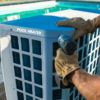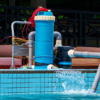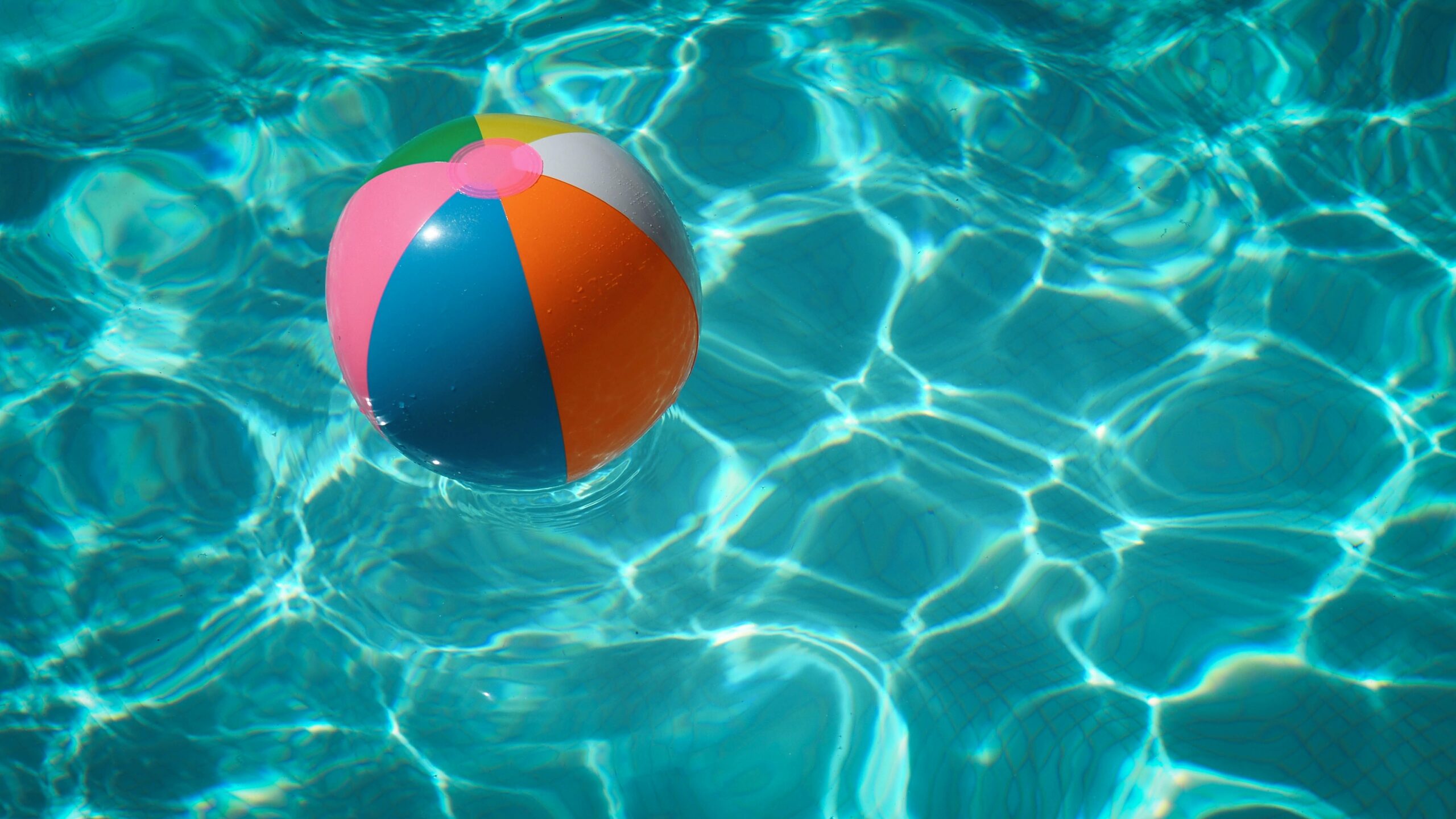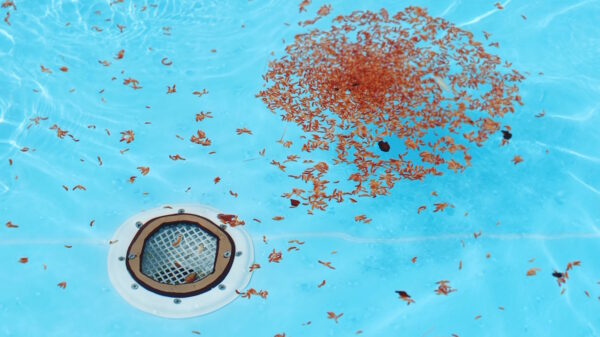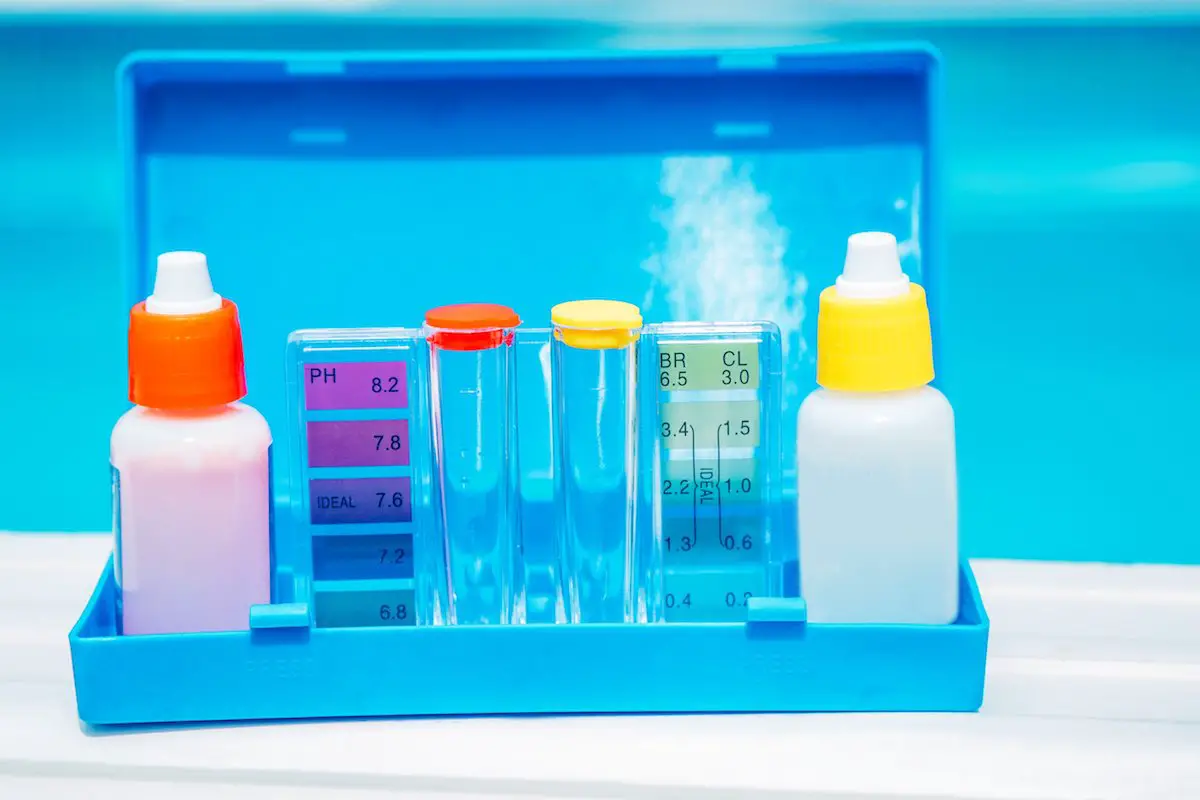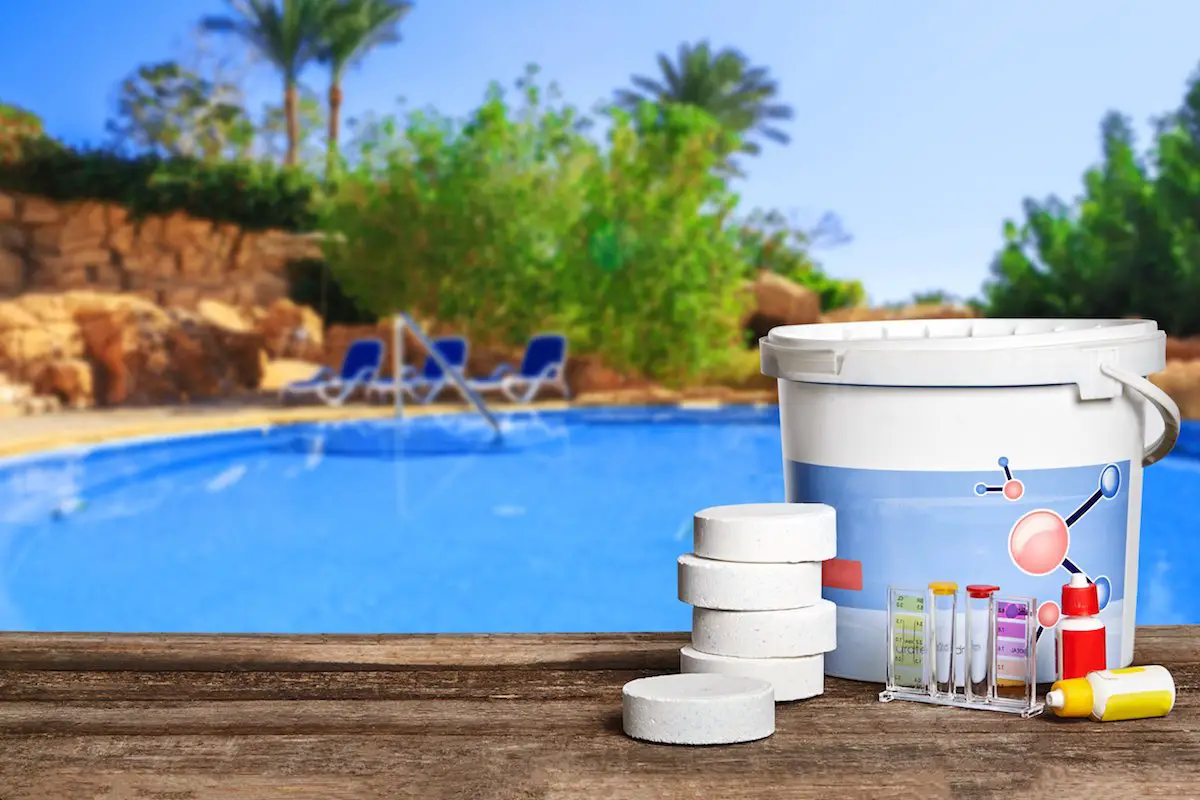Upgrading Your Pools Water Pump: What to Consider
If you’re searching for ways to upgrade or replace your pool’s water pump, there are a few key considerations that will help determine the right solution for your needs. If you’ve noticed decreased performance and energy efficiency from your current pump, it may be time to switch things up and invest in something more efficient and powerful. But what should you look out for while looking at potential pumps? This blog post will walk through exactly what factors should influence your decision-making process when upgrading or replacing a pool’s water pump. Read on to discover what you need to know before buying a pump, how to know if you need a new one, what it can impact, what to look for, and even how to install it. This blog covers it all!
What to Consider Before Buying a New Pump
When considering an upgrade to your pool’s water pump, there are a few things to consider.
- Check is existing pump
- Know if it needs anything extra
- Find out the maintenance needs
First, you should check the condition of any existing pump and assess whether it can be repaired or replaced. If it is beyond repair, then you will need to purchase a new pump that meets the size requirements for your pool and has enough horsepower to move the amount of water required. It is also important to consider the energy efficiency of the pump, as this can save you money on your electricity bill in the long run. Another factor to consider is whether or not the pump you are looking at requires additional components such as a filter basket or valves; these items may add to the cost of your purchase. Finally, think about how much maintenance a new pump may require, as this can also factor into the overall cost of owning the pump. With all these factors in mind, you will be able to choose a water pump that meets your needs and budget. Make sure that you know all the specifications your new pump needs to meet so it will be compatible with your pool.
By taking the time to evaluate all your options, you are sure to find an upgrade option for your pool’s water pump that works best for you and your budget. Upgrading the pump can give you better performance, save money on electricity costs, and minimize maintenance time – all of which are important considerations when looking to upgrade your pool’s water pump. With the right information and advice, you can make sure that your new water pump is up to the job at hand! With the right pump, you can enjoy a refreshing pool all summer long.

What to Consider When Buying a New Pump
When considering an upgrade to your pool’s water pump, there are several things to keep in mind. The first is the size of the pump you need. A larger pump can increase flow and circulation, but it will also increase energy costs. Consider how much power you will need for the pump and whether a smaller, more efficient unit would be better suited for your needs.
The second thing to consider is the type and quality of materials that will go into your pump. A well-built pump should last for several years, while a subpar unit may need to be replaced in a relatively short amount of time. Investing in high-quality parts and materials now can save you money in the long run.
Finally, take into account the cost of installation and maintenance. Having your pump professionally installed may cost more upfront but result in fewer problems down the road. Additionally, make sure to factor in regular maintenance costs. Caring for your pool’s water pump correctly can help extend its lifespan and save you money on repairs or replacements.
By considering these elements when upgrading your pool’s water pump, you can ensure that your investment in a new pump is worth it. Investing in quality materials and having your pump installed and maintained properly can save you time, money, and headaches in the long run. With careful consideration of all the factors involved, you can be confident that your pool will have a reliable source of circulation for years to come.
When to Upgrade Your Water Pump
When it comes to pool upkeep, one of the most important components is your water pump. Without a reliable and efficient system, it can be difficult to keep your pool clean and healthy.
So when should you think about upgrading your pool’s water pump? Here are some signs that may indicate a need for an upgrade:
– Your current pump is noisy and inefficient.
– Your pump is more than a few years old.
– You are having trouble maintaining the proper water chemistry balance.
– You’re using too much electricity to operate your pump.
If you notice any of these signs, it may be time to upgrade your pool’s water pump. By investing in a more efficient water system, you can not only save money on energy costs but also help to keep the pool’s water clean and healthy.
When considering an upgrade, it is important to choose a model that is compatible with your existing system. It’s also wise to look for models that are designed with features such as variable speed drive technology or built-in timers so you can further optimize your swimming pool’s energy efficiency.
Finally, be sure to consult with a pool professional before making any changes to your system. They can help you find the right pump for your needs and guide you through the installation process. With their help, you’ll be able to get the most out of your pool’s water pump and enjoy all its benefits for years to come.

How to Install a Basic Water Pump
Installing a pool water pump is relatively simple and straightforward. The first step is to locate the pump near your pool’s filter system. It should be easily accessible and located close to an electrical outlet where you can plug in the pump.
Next, you will need to connect the hoses, starting with the suction side of the hose which will draw the water from the pool. Connect one end of the hose to the skimmer basket, which is located near the edge of your pool. The other end should be connected to the suction port on your pump.
Once those two hoses are connected, connect a third hose that will send water back into your pool from the discharge port on your pump. Make sure that all the hoses are tightly connected and secured with hose clamps.
The last step is to attach the pump to a power source. Connect it securely to an outdoor electrical outlet, making sure that the GFCI (ground fault circuit interrupter) switch on the outlet has been flipped ‘on’. You may then flip the switch on your pump to ‘on’ as well, which should start the water circulation process.
Make sure to regularly monitor your pool’s water level and check for any leaks or other issues related to your pump. If you have any questions or concerns, it is best to refer to the instructions on your particular pump for further guidance. With these simple steps, your pool’s water pump will be set up and running in no time.
Conclusion
Before you rush to purchase and install a new pool pump, be sure to take the time to evaluate your needs. It’s important to choose the right size and type of motor for your pump as there can be major consequences if the wrong one is installed. Also, consider any additional features or special functions it may need such as voltage protection or timer controls that will help increase its efficiency. Be aware of how a new pump can impact your pool. Do all the research necessary to make sure that it will be a perfect fit because nothing is more disappointing than doing hours of work just for your project to not work right! Once you have done your research it is just a matter of installing it properly and maintaining it regularly so your pool stays clean and inviting all season long. While replacing a water pump can be costly, if done correctly, an upgraded water pump can eventually save you money on energy costs with its added efficiency. With a little bit of thought and planning, upgrading your pool’s water pump will save you time, and money and provide a more enjoyable swimming experience all summer long!
Frequently Asked Questions (FAQs)
How often should you clean your pool?
To maintain a clean and safe pool, it is recommended to clean the pool once a week to remove any debris or dirt that has entered into the water. This includes routine maintenance such as vacuuming, cleaning the filter, and testing the water chemistry.
What can break my pool filter?
There are a few things that can cause your pool filter to malfunction or break down. These include improper installation, a lack of regular maintenance, damage from debris, and failing to check for clogs or blockages regularly


